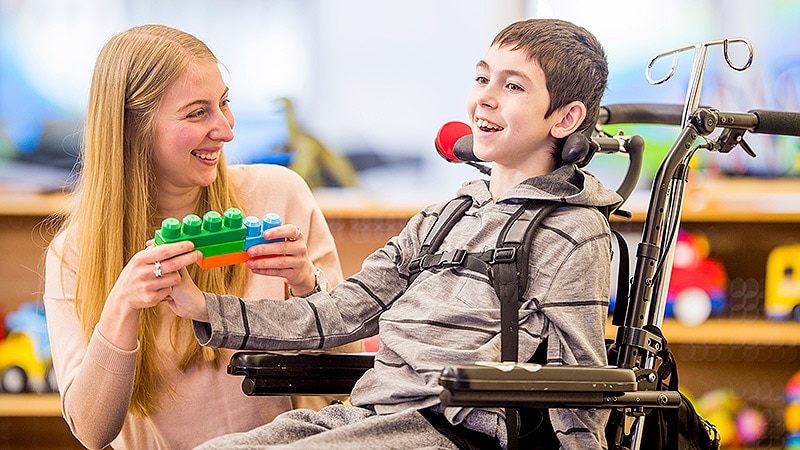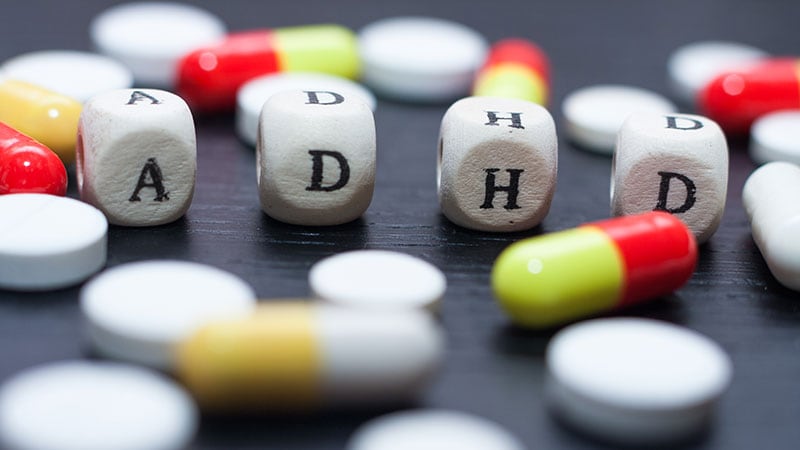A novel chimeric antigen receptor (CAR) T-cell therapy developed by researchers at University College London (UCL) to target cancerous tumours has shown promising early results in children with neuroblastoma.
In the UCL study, paediatric patients’ own T-cells were modified with a CAR to target the GD2 surface protein, which is highly abundant on almost all neuroblastoma cells, but found at very low levels in healthy cells.
An article in Science Translational Medicine reports the phase 1 study (NCT02761915) results, in which 12 children with relapsed/refractory neuroblastoma were treated with escalating doses of second-generation GD2-directed CAR-T cells and increasing intensity of preparative lymphodepletion.
Overall, no patients had objective clinical response at the evaluation point +28 days after CAR-T cell infusion using standard radiological response criteria. However, of the six patients receiving ≥108/m2 CAR-T cells after fludarabine/cyclophosphamide conditioning, two experienced grade 2 to 3 cytokine release syndrome and three demonstrated regression of soft tissue and bone marrow disease.
This clinical activity was achieved without on-target off-tumour toxicity.
Targeting neuroblastoma with GD2 CAR-T cells appears to be a valid and safe strategy but requires further modification to promote CAR-T cell longevity, the study concluded.
Lead author Dr Karin Straathof said: "It’s encouraging to see the anti-tumour activity induced by these modified T-cells in some of the patients on this study."
"While the anti-tumour activity seen was only transient, it provides an important proof-of-principle that CAR T-cells directed at the GD2 molecule could be used against solid cancers in children."
"New treatments are needed for high-risk neuroblastoma and with more research we hope to develop this further into a treatment that results in lasting responses and increases the number of patients that can be cured."
The research team are now preparing for their next clinical study, utilising the same GD2 CAR cells alongside additional programming modules designed to enhance efficacy and persistence.


